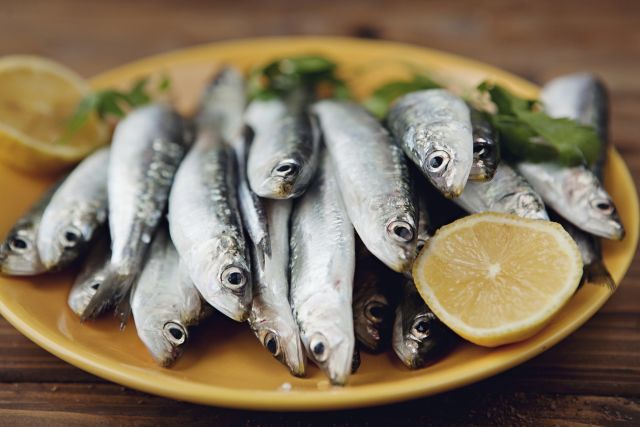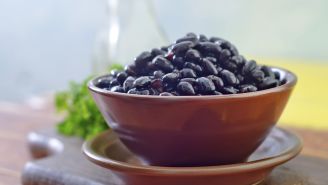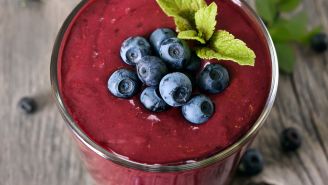Updated on April 24, 2024.
If you don't eat dairy foods, you might worry that you're missing out on getting adequate amounts of calcium in your diet. True, you can supplement with calcium pills. But when you take calcium as a supplement, you miss out on getting those extra benefits you enjoy by eating foods that are good calcium sources and also rich in other helpful nutrients.
To help you get the calcium you need from your diet, here's a quick shopping list—plus a handy tip for helping your body get the most out of every calcium-rich bite you feed it.
Go fish
One tin of sardines (about 3.75 ounces) supplies about 370 milligrams (mg) of calcium. That's about a third of the daily 1,000 mg you need. (After age 50, that daily recommended amount of calcium goes up to 1,200 mg.)
What's more, these little fish are also bursting with healthy omega-3 fatty acids and vitamin D, which helps your body absorb calcium.
Drink your calcium
If you don't drink milk, you can still get calcium from beverages. Mineral waters contain as much as 108 mg of calcium per cup. It's not as milk (2 percent milk has has 307 mg of calcium per cup), but it's still a decent amount. What's more, mineral water has no added sugars or calories. Just check the label to be sure your favorite has the right stuff.
Build a smarter lunch salad
Salad bars are full of calcium, if you know what to pick. And we're not talking cheese cubes (which also contain high amounts of heart-unhealthy saturated fat).
Start off with 1 cup each of spinach (30 mg of calcium), romaine lettuce (15 mg), and broccoli (43 mg). Then add 1/2 cup of navy beans (62 mg) and 2 tablespoons of sesame seeds (176 mg). All told, you'll get around 325 mg of calcium, plus fiber, vitamins C, A, and E, and protein. In addition to the calcium, you'll get an overall filling, good-for-you meal.
Get juiced
You may be surprised to know a medium orange has about 55 mg of calcium. Calcium-fortified orange juice has a hefty 300 mg per cup, or more, depending on the brand. Not to mention plenty of vitamin C.
Bonus: Take a walk
Even if you're getting plenty of calcium, your body may be slow on the uptake. Vitamin D is required in order to deposit calcium where it's most needed, but very few foods contain D. Your skin, however, makes vitamin D when it's exposed to sunlight. Just be sure to wear sunscreen when you're in direct sunlight and don't overdo it in hopes of getting more vitamin D. About 10 to 15 minutes of sun exposure a few times a week is all that's needed.







